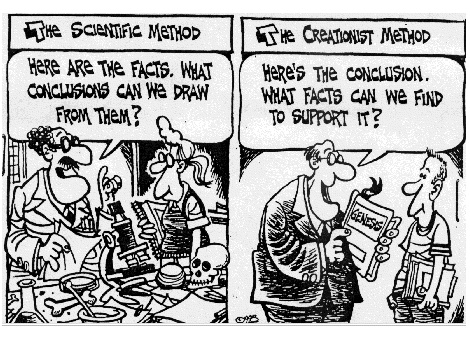
Apathy, resignation do nothing to solve rising poverty level
By Edward Benson
The stock markets are at record highs. Unemployment is at a 23-year low. Inflation is at an astonishingly low 1.4 percent annual rate. So why on earth are nearly 1 in 5 Americans living in poverty? It seems that every media outlet trumpets the economic wonders.
Lost in all these, however, are the unpleasant truths: we are a nation of mergers (pronounce as buy-outs), down-sizing (layoffs), and increased differential distribution of wealth ("the rich get richer, while the poor just stay poor").
Just last week, a UN study was released which demonstrates that in the U.S., "poverty has risen considerably." Over the past 20 years, the number of people in poverty in the U.S. has grown by three percent, to reach nearly 19 percent of the U.S. population. This is worst showing since the early 1960s, and at 50 million people, it's the largest such group in US history. But how can this be? If all the economic figures are to be believed, something is wrong.
There are several answers, of course. For one, the poverty rate includes children and the elderly, most of whom are not considered in unemployment figures. Further, other sets of data point to a rapid growth in the "working poor"-folks who work one or even several jobs, but who still fall below the poverty level due to children and/or a minimum wage that simply won't allow them to break through the poverty line of $8,100 per person per year.
Add to these the increasing concentration of wealth in this country (more than 40 percent of our total wealth is now controlled by less than 1 percent of us), and its pretty soon clear that those that have, are doing alright. Those that don't, aren't. And the media seem to be ignoring that nearly 20 percent of our population.
That's stunning.
Because the point here ought not to be explaining some contradictions in a few sets of numbers.
Our focus ought to be: How are we to begin to solve the problem? First we need to address the issue honestly. Sure, it's trendy to be cynical, or compassion-fatigued, or whatever we call it when we turn our backs on self-evident human need. It's hip to sigh, shake one's head, mutter something about there being so little one can do-and hey, what's on MTV?
Deep down, though, we all know that that's a dodge-a self-centered attempt to cover the windows and hide in deliberate ignorance behind our security alarms.
That's living in a modern opium den, drugged by the misconception that large numbers of the poor are a necessity, or that they've earned it by failing to achieve in our perfect meritocracy. We can convince ourselves all too easily that misery is just-as long as its somebody else's misery.
But denial is self-deception. And resignation, either sad or unfeeling, is not the answer.
Because we are not helpless before this challenge. This nation started a War on Poverty in the early 1960s-and it worked. The War on Poverty vastly advanced the well-being of the poor in this country. Look at the improvements from 1960 to 1970 in Appalachia; or just look at the national poverty numbers.
According to the United States Census Bureau, the rate of poverty dropped from 22 percent in 1959 to 12 percent by 1969. It then stayed in the 11-12 percent range until the Reagan-era recession of 1983, when it shot up over 15 percent. It slowly dipped below 13 percent in 1988, but was back up to 14.5 percent by 1994 (latest Census Bureau year available).
In short, since 1983, we haven't gotten poverty back down to that 11-12 percent range -probably because we haven't really tried.
Sure, we've "stimulated growth" by lowering interest rates-but any business person will tell you businesses don't expand because loan costs are down; only demand warrants expansion (lower costs are simply helpful). And we've cut regulations-but that just cuts a company's headaches, and may not make it more likely to hire folks. And we've let the private sector go to work-except that the private sector simply pursues optimum profits, which don't beckon very much from run-down tenements and trailer parks.
If the figures on poverty bother us, then we can do something about it. It's fairly obvious that we can make a difference-if we choose to. But then, reviving anti-poverty programs would be so passé. And cutting taxes for the rich and middle class is so-well, important.
Isn't it?
Edward Benson is a Medical Center employee.